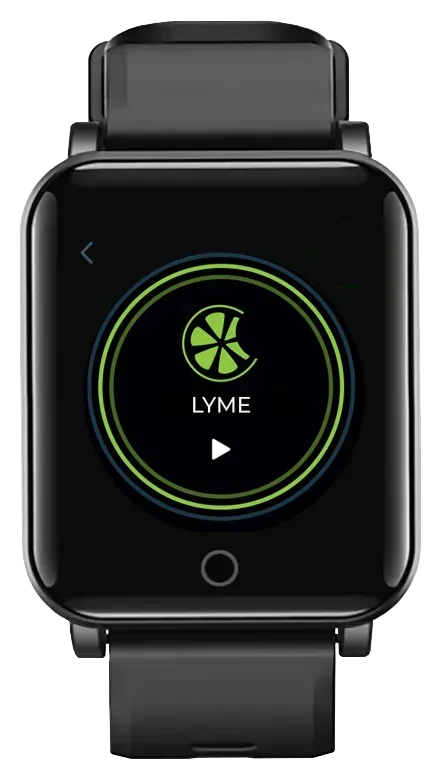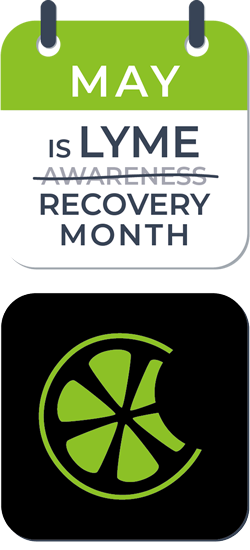Being stressed is nothing new. But these days stress is epidemic. We wake up with a wide range of stresses-of-the-day to choose from.
Who will win the election? What is that clunking noise under the hood of the car? Did I leave the water running? Will I make my flight? Will my painting make it into the show? What if my tests are positive?
The list goes on. Our stress point changes every day. Stress breeds stress and without an approach to relief, can become chronic stress. The immune response breaks down, blood pressure goes up, any sense of well-being fades and negative thoughts take over.
Pain, fatigue, indecision, lack of sleep and loss of self-esteem are all characteristics of stress, along with depression, anger and unhealthy habits that can turn into addictions. Stressful situations affect body, mood and behaviour. Physical symptoms of stress may include headaches, muscle tension, nausea, difficulty sleeping and loss of sex drive. You may feel restless, irritable, anxious or simply overwhelmed. Any or all of this may lead to overeating, alcohol or drug abuse, social withdrawal and raging outbursts.
If you have stress symptoms, taking steps to cope with, reduce or eliminate them can bring many health benefits. To start with, explore stress management strategies, including:
- Getting regular physical activity
- Practicing relaxation techniques, including deep breathing, meditation, yoga, tai chi or massage
- Keeping a sense of humor
- Spending time with family and friends
- Setting aside time for hobbies, such as reading a book, painting, crafts or listening to music
- Eating a healthy and balanced diet
- Taking a long walk with deep breaths along the way
To chill or not to chill
People who see that you’re stressed will tell you to relax. Find a quiet place, put on some soothing music and let your mind unwind. You may find that hard, and even worse, it may not be such a good idea. Inactive ways of managing stress, such as watching television, surfing the internet, playing video games or laying back with a beer may seem relaxing, but they may very well increase your stress over the long term. Self-respect is part of being comfortably stress-free, and turning yourself into a couch-potato in the interest of peace of mind probably won’t do much for the tension you feel or your sense of worth. You’ll wind up with even more stress.
Stress can be good
Stress has a dark side and a bright side. Good stress is called eustress, and it can bring real benefits. The right level of anxiety can improve work performance, raise academic achievement, and boost job satisfaction. You’ll sleep better and reduce muscle tension. How can this be? The fact is that stress sends out potent hormones and chemicals that provide us with the drive, momentum, and strength to take on a problem with confidence and enthusiasm. The trick is to find your personal balance between too much and too little stress.
Find your stress comfort zone
What is making you anxious? Pinpoint the cause of your angst to fully understand what you’re dealing with. Then think back to another stressful time and try to remember how you dealt with it. What worked way back then? Finally, embrace your anxiety. Talk to it and tell it “we can do this.”
Put stress relief in your hands and on your wrist
NIKKI is a bioenergetics-based wearable designed to ease Stress by restoring proper function in the network of trillion of cells that make up the human body.
NIKKI delivers frequencies into the body to create a healthy biofield and strengthen our response to emotional and physical trauma. The NIKKI menu of eight issue-focused frequency sets and four frequency set bundles works to improve wellness and improve performance, making it a valuable ally in fighting off Stress and other issues including Pain, Insomnia, Allergies, lack of Energy and more.



